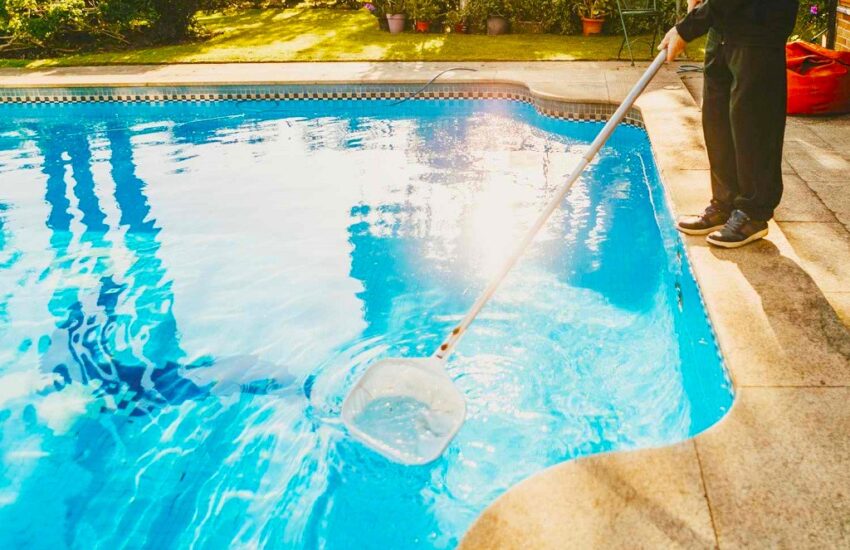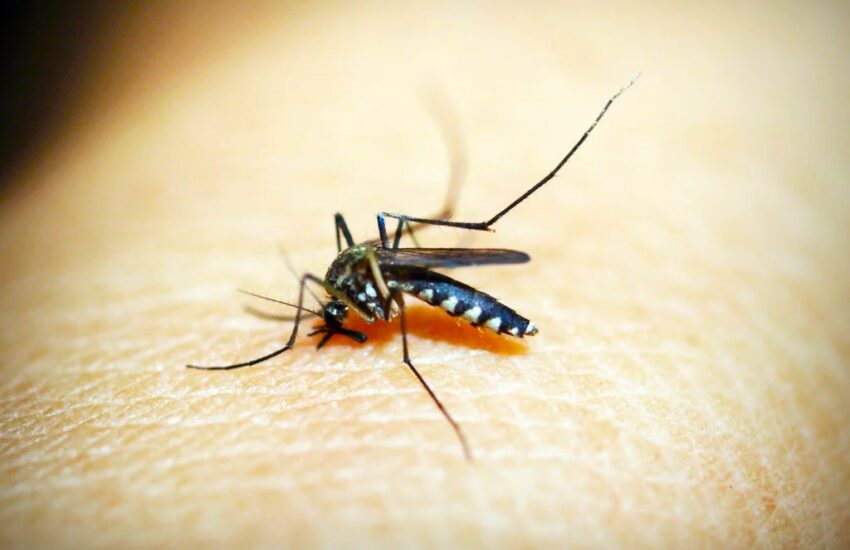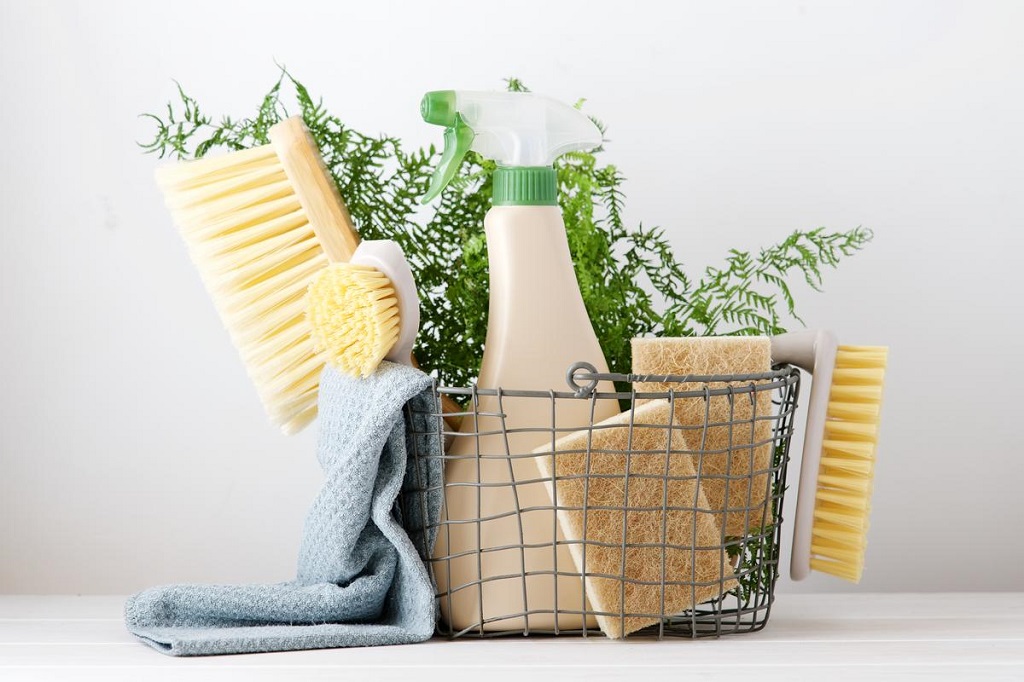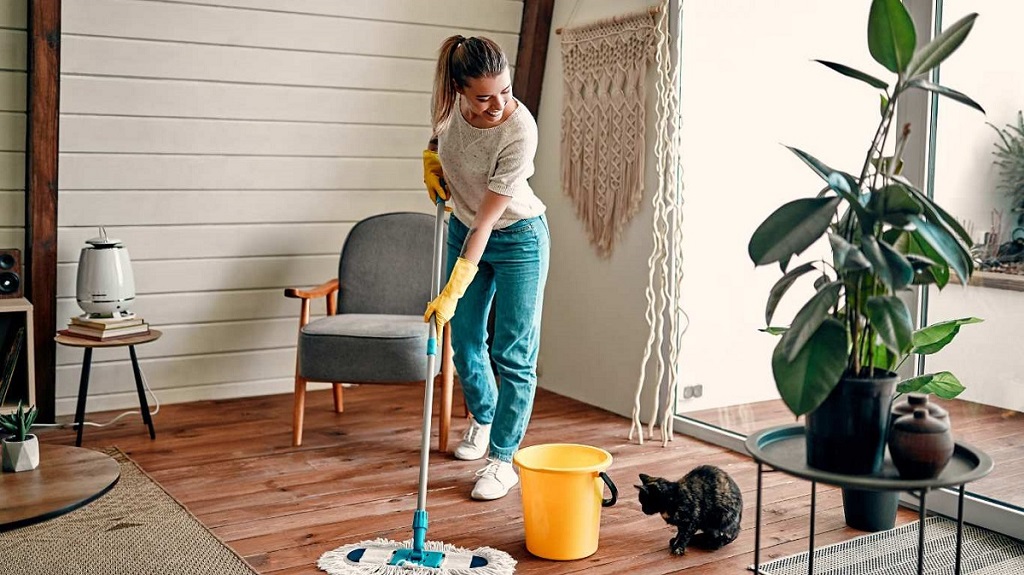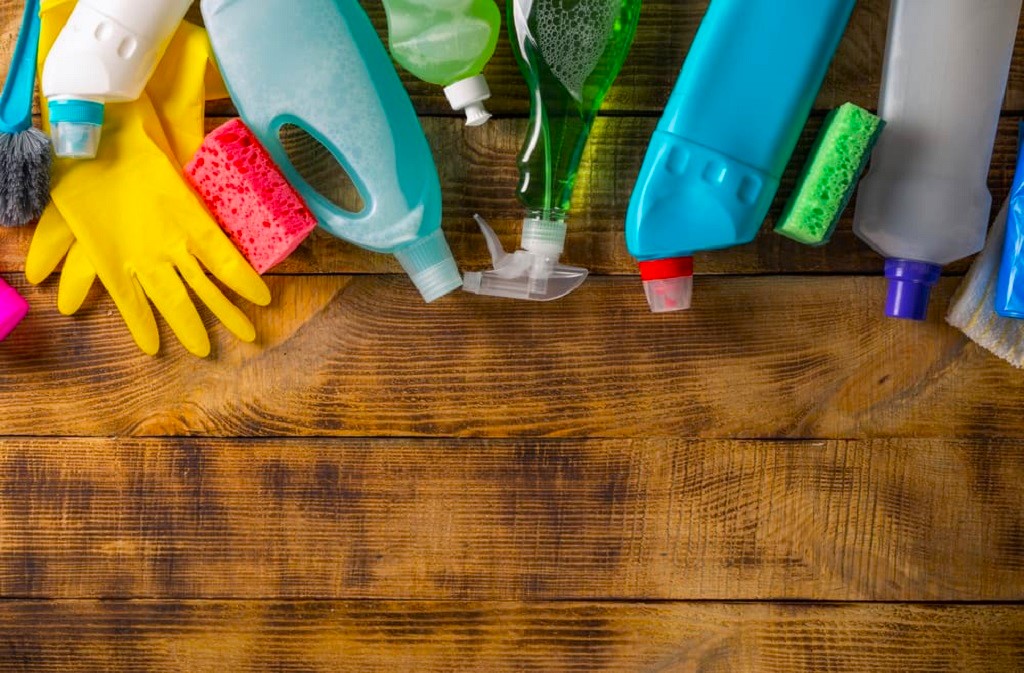Dealing with pests in your home can be a frustrating and challenging experience. Whether it’s ants invading your kitchen, spiders lurking in the corners, or rodents scurrying around, pests can not only be a nuisance but also pose health risks and cause damage to your property. In this comprehensive guide, we’ll explore the best pest control methods to help you keep your home pest-free and comfortable.
Understanding Common Pests
Before we delve into pest control methods, it’s essential to understand the common pests that may infest your home. From cockroaches and ants to rodents and termites, each pest has its behaviour patterns and preferred habitats. By familiarizing yourself with these pests, you can better identify signs of infestation and choose the most effective control methods.
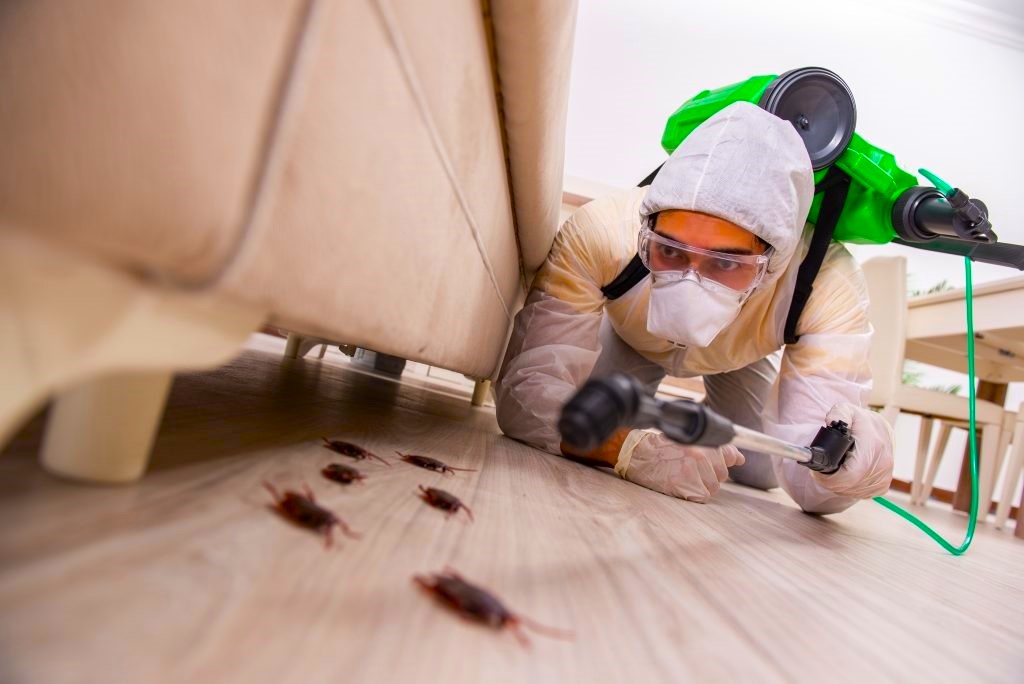
Recognizing Signs of Infestation
Detecting early signs of pest infestation is crucial for timely intervention. Look out for droppings, gnaw marks, chewed wires, and peculiar odours, which are telltale signs of pest presence. Additionally, observe any unusual behaviour in pets, such as excessive scratching or barking, as they may indicate the presence of pests.
Preventive Measures
Prevention is often the most effective approach to pest control. By implementing preventive measures, you can minimize the risk of infestation and create a hostile environment for pests to thrive in.
Seal Entry Points
Pests can enter your home through tiny cracks and openings in walls, windows, and doors. Seal these entry points using caulk, weatherstripping, or wire mesh to prevent pests from gaining access to your living spaces.
Maintain Cleanliness
Keeping your home clean and clutter-free is essential for pest prevention. Regularly vacuum floors, wipe down countertops and dispose of garbage promptly to eliminate food sources and hiding places for pests.
Remove Standing Water
Standing water attracts pests like mosquitoes and rodents, providing breeding grounds for these unwanted intruders. Repair leaky faucets, clean clogged gutters, and eliminate any stagnant water sources in and around your home to deter pests.
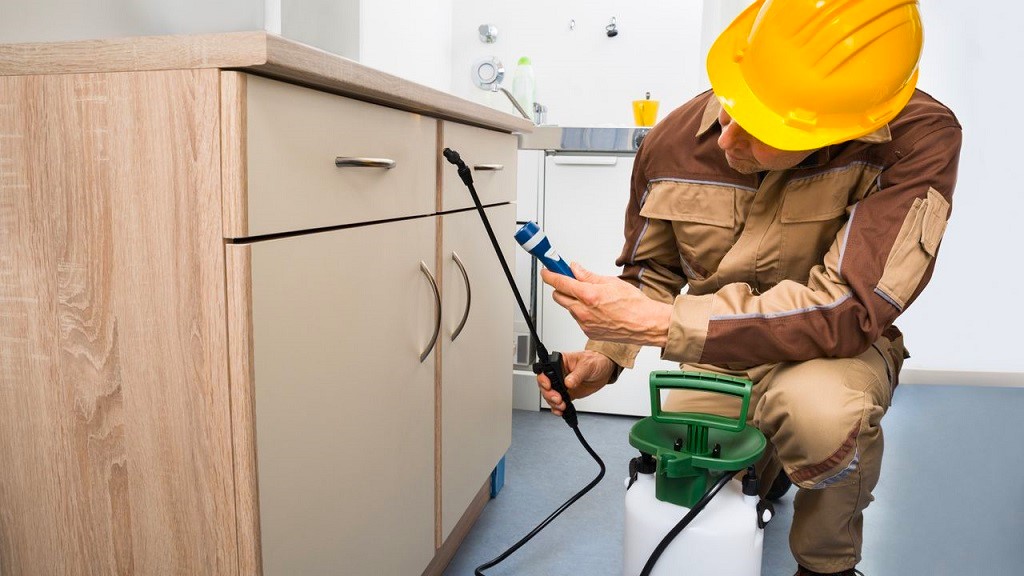
Natural Pest Control Methods
For those wary of chemical solutions, natural pest control methods offer an eco-friendly and non-toxic alternative. From essential oils to DIY traps, there are several natural remedies you can use to keep pests at bay.
Essential Oils and Their Role
Certain essential oils, such as peppermint, lavender, and tea tree oil, have insect-repelling properties that can deter pests effectively. Mix a few drops of your chosen essential oil with water and spray it around entry points, windows, and other areas prone to pest activity.
DIY Traps and Baits
Homemade traps and baits can be surprisingly effective in capturing and eliminating pests. For example, a mixture of sugar and borax can attract and kill ants, while a bowl of beer can lure and trap slugs and snails. Get creative with household items to craft traps tailored to your specific pest problem.
Chemical Pest Control
In some cases, chemical pest control may be necessary to tackle severe infestations or persistent pest problems. While chemical solutions should be used judiciously and with caution, they can provide rapid and effective results when applied correctly.
Choosing the Right Insecticides
When selecting insecticides, opt for products specifically formulated for the target pest and follow the manufacturer’s instructions carefully. Consider low-toxicity options and avoid overuse to minimize the risk to humans, pets, and the environment.
Safety Precautions
Prioritize safety when using chemical pest control methods. Wear protective gear such as gloves and masks, ventilate treated areas thoroughly, and keep children and pets away from treated surfaces until the product has dried completely.
Integrated Pest Management (IPM)
Integrated Pest Management (IPM) is a holistic approach to pest control that emphasizes prevention, monitoring, and targeted interventions. By combining various pest control strategies, IPM aims to minimize pesticide use while effectively managing pest populations.
Monitoring and Early Intervention
Regular monitoring is key to detecting pest problems early and preventing them from escalating into full-blown infestations. Set up traps, inspect vulnerable areas, and keep an eye out for signs of pest activity. If you notice any issues, take prompt action to address them before they worsen.
FAQs on Pest Control Methods
Q: Can I use natural methods if I have kids and pets at home? A: Absolutely! Natural pest control methods are often safer for children and pets compared to chemical alternatives.
Q: How often should I perform pest prevention measures? A: Regular maintenance is key. Aim for monthly inspections and immediate action if you notice any signs of pests.
Q: Are chemical pest control methods harmful to the environment? A: Some can be. Choose eco-friendly options and follow usage guidelines to minimize environmental impact.
Q: Will DIY traps work for severe infestations? A: While they may help, severe cases often require professional intervention. DIY traps are more effective as preventive measures.
Q: What insecticides are safe for indoor use? A: Look for low-toxicity options and follow the instructions carefully. Consider consulting with a pest control professional for personalized advice.
Q: How can I identify the type of pests infesting my home? A: Online resources and pest control experts can help identify pests based on their appearance and behaviour.
Conclusion
In conclusion, effective pest control in the home requires a combination of preventive measures, natural remedies, and, when necessary, targeted chemical solutions. By adopting a proactive approach and implementing the strategies outlined in this guide, you can safeguard your home against pests and enjoy a pest-free living environment, extending the principles to managing pests in container gardening for a harmonious and thriving outdoor space

